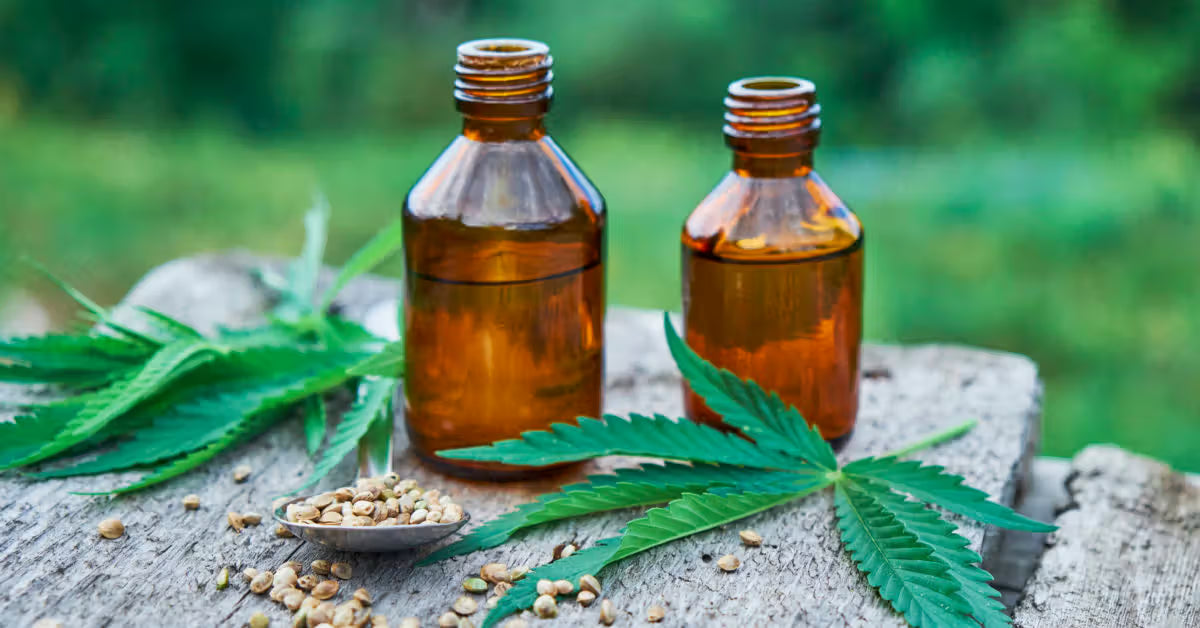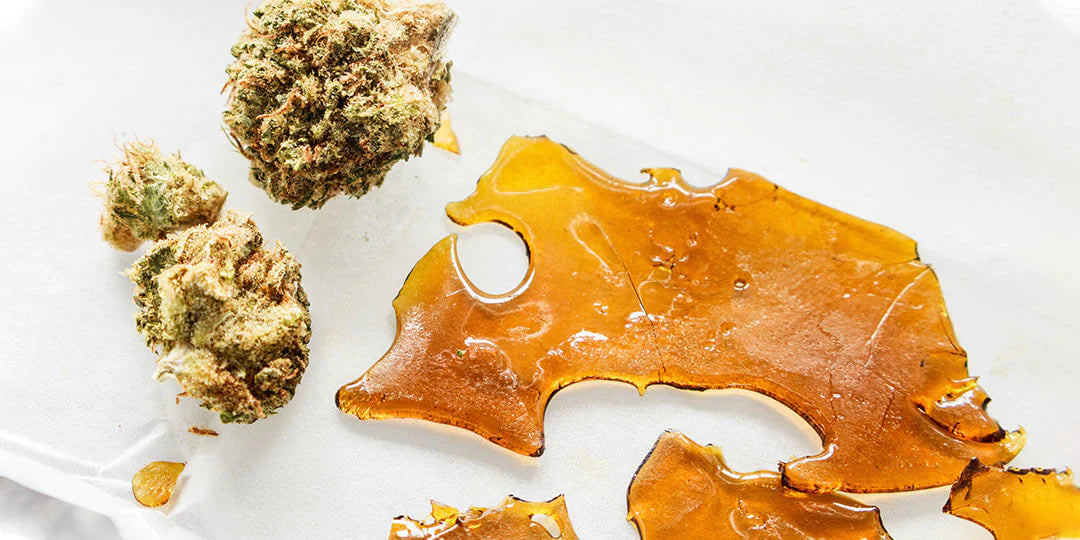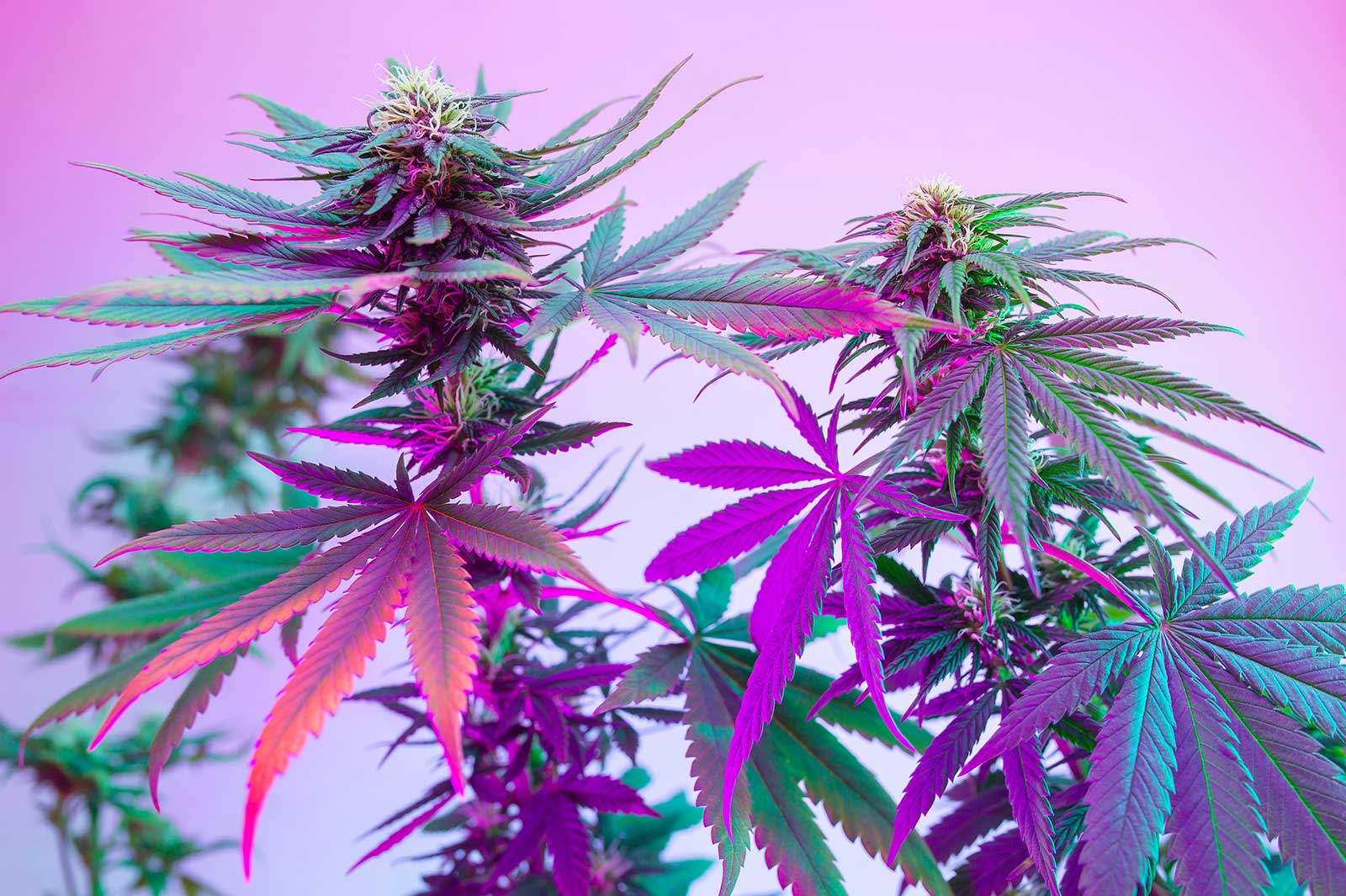
What Distinguishes CBD Tincture from CBD Oil?
CBD (cannabidiol) has exploded in popularity in recent years, and it's not hard to see why. With its potential therapeutic benefits, CBD has become a sought-after remedy for various ailments, from anxiety and chronic pain to sleep disorders and epilepsy. If you're considering incorporating CBD into your wellness routine, you've likely come across two common forms: CBD tinctures and CBD oil. While they might seem similar at first glance, there are crucial distinctions between the two. In this article, we'll unravel the differences and help you make an informed choice.
The Basics of CBD
Before we dive into the specifics of CBD tinctures and CBD oil, let's establish a foundational understanding of CBD itself. Among the more than one hundred cannabinoids included in the cannabis plant is CBD. Unlike its infamous cousin, THC (tetrahydrocannabinol), CBD is non-psychoactive, meaning it won't get you high. Instead, CBD is celebrated for its potential therapeutic properties, such as reducing pain, inflammation, anxiety, and more.
Now, let's explore how CBD is harnessed in its liquid forms: tinctures and oil.
CBD Oil: A Concentrated Extract
CBD oil is a broad term that encompasses various CBD products. However, when people refer to CBD oil, they typically mean a highly concentrated CBD extract suspended in a carrier oil. The extraction process involves using solvents, such as CO2 or ethanol, to pull CBD and other beneficial compounds from the cannabis plant.
Key characteristics of CBD oil:
Potency: CBD oil is highly concentrated, containing a high amount of CBD per milliliter. This makes it suitable for those seeking precise dosing or dealing with severe symptoms.
Full-Spectrum vs. Isolate: CBD oil can be either full-spectrum, containing a wide range of cannabinoids and terpenes, or isolate, containing pure CBD without other cannabis compounds. Full-spectrum oils are believed to offer the entourage effect, where the combination of cannabinoids enhances their therapeutic potential.
Usage: CBD oil is versatile and can be consumed orally, added to food and beverages, or even used topically in some cases.
CBD Tincture: A Balanced Blend
CBD tinctures, on the other hand, are made by steeping CBD-rich hemp flowers in high-proof alcohol or a mix of alcohol and water. This process allows for the extraction of CBD and other beneficial compounds. Tinctures are known for their balanced and easily adjustable CBD concentrations.
Key characteristics of CBD tinctures:
Alcohol Base: CBD tinctures use alcohol as a base, which can have its advantages. Alcohol acts as a preservative, prolonging the shelf life of the tincture. It also aids in the efficient absorption of CBD when taken sublingually (under the tongue).
Customizable Dosage: CBD tinctures typically come with a dropper, allowing users to precisely measure and adjust their dosage. This makes tinctures a popular choice for individuals who want to experiment with different amounts of CBD.
Versatility: Like CBD oil, tinctures can be consumed sublingually, added to beverages or food, or even used in recipes. The alcohol base also makes them suitable for crafting herbal remedies.
Key Distinctions
Now that we've looked at the basic characteristics of CBD oil and CBD tinctures, let's summarize the key distinctions between the two:
Extraction Method: CBD oil is extracted using solvents, while CBD tinctures use alcohol or a combination of alcohol and water.
Potency: CBD oil is highly concentrated, offering a potent dose of CBD, whereas CBD tinctures are more diluted and offer a milder CBD concentration.
Dosage Control: CBD tinctures allow for precise dosage control due to their dropper design, while CBD oil may require more careful measuring.
Taste and Flavor: CBD tinctures often have a stronger taste due to the alcohol base, while CBD oils may have a milder or more natural flavor.
Choosing the Right Option for You
Ultimately, the choice between CBD tincture and CBD oil depends on your specific needs and preferences. To assist you in making an informed choice, take into account the following:
Potency Requirement: If you require a high dose of CBD for severe symptoms, CBD oil's higher concentration may be more suitable. On the other hand, if you're looking for a milder, customizable option, a CBD tincture may be the way to go.
Flavor Sensitivity: If you're sensitive to taste and prefer a milder or more neutral flavor, you might find CBD oil more appealing. However, if taste is not a significant concern, CBD tinctures offer their own unique advantages.
Dosage Control: If you want precise control over your CBD dosage, especially if you're experimenting with different levels, a CBD tincture with a dropper makes it easier to adjust your intake.
Usage Preferences: Consider how you intend to use CBD. Both tinctures and oils can be ingested orally, but tinctures are particularly well-suited for sublingual consumption.
In conclusion, while CBD tinctures and CBD oil share the same fundamental ingredient, they differ in terms of potency, extraction method, and dosage control. Understanding these distinctions allows you to choose the form that aligns best with your wellness goals and preferences. Whether you opt for a high-potency CBD oil or a customizable CBD tincture, both offer a gateway to exploring the potential benefits of this remarkable cannabinoid.
Looking to purchase CBD products in bulk? Look no further than D Squared WorldWide, a trusted brand renowned for their quality and reliability. Whether you prefer high-potency CBD oil or customizable CBD tinctures, D Squared WorldWide offers a wide range of options to meet your wholesale needs. Explore their products today for a premium CBD experience. Contact Us Now!
Reference:
[1] (2020). Preliminary investigation of the safety of escalating cannabinoid doses in healthy dogs. frontiers in veterinary science, 7. https://doi.org/10.3389/fvets.2020.00051
[2] (2022). Use and perceptions of cannabidiol products in canada and in the united states. cannabis and cannabinoid research, 7(3), 355-364. https://doi.org/10.1089/can.2020.0093
[3] (2020). Potency assessment of cbd oils by their effects on cell signaling pathways. nutrients, 12(2), 357. https://doi.org/10.3390/nu12020357
[4] (2023). Cbd oil. jaapa, 36(9), 29-33. https://doi.org/10.1097/01.jaa.0000944604.27500.5d
[5] (2023). Cannabidiol-loaded nanostructured lipid carriers (nlcs) for dermal delivery: enhancement of photostability, cell viability, and anti-inflammatory activity. pharmaceutics, 15(2), 537. https://doi.org/10.3390/pharmaceutics15020537
[6] (2021). Safety and tolerability of escalating cannabinoid doses in healthy cats. journal of feline medicine and surgery, 23(12), 1162-1175. https://doi.org/10.1177/1098612x211004215


